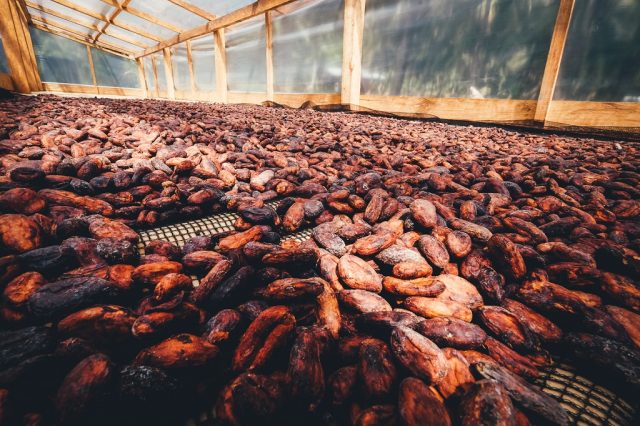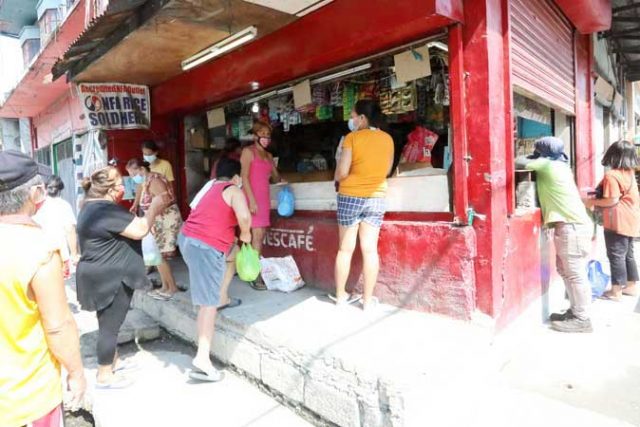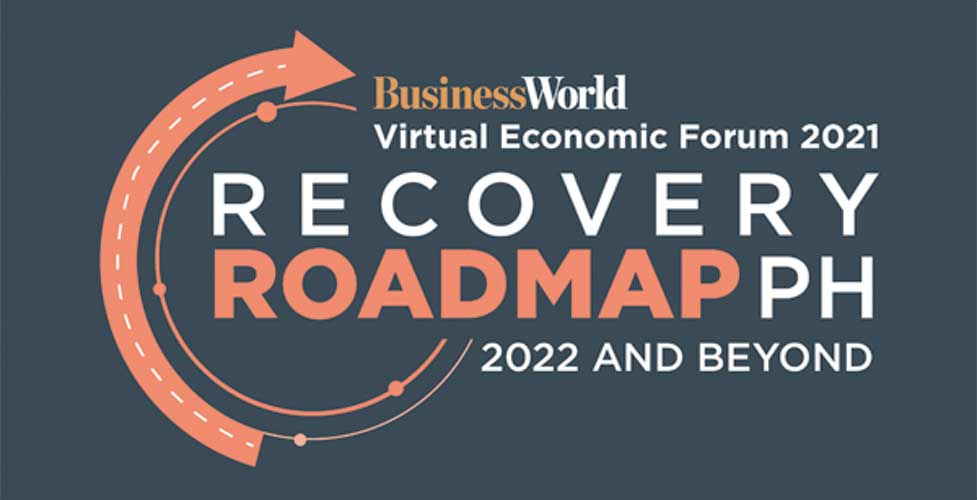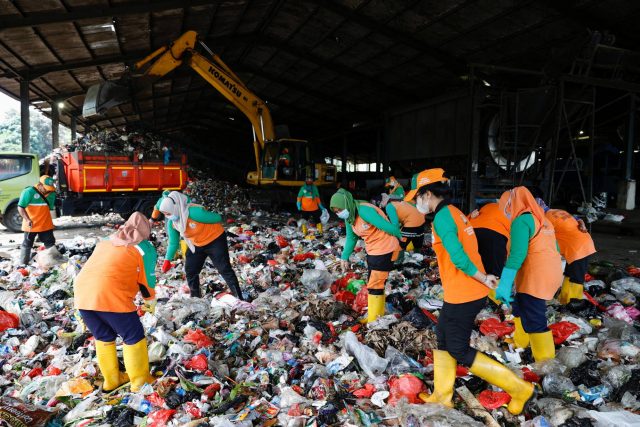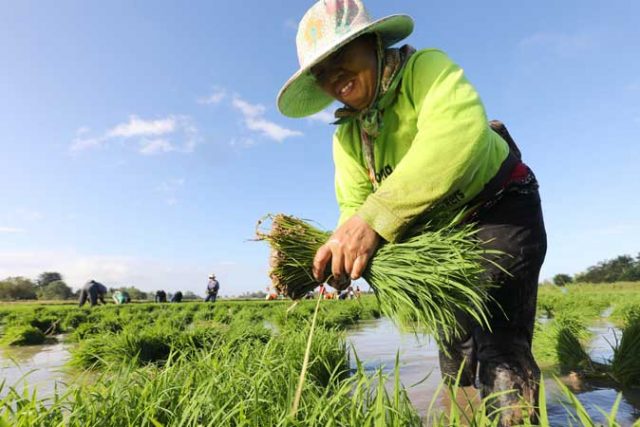Chinese businessman Yang asks PHL High Court to nullify Senate orders
FORMER presidential economic adviser Michael Yang Hong Ming on Thursday asked the Supreme Court to void the arrest orders and subpoenas issued against him by the Philippine Senate.
In his 46-page petition filed through lawyer Raymond Parsifal A. Fortun, Mr. Yang also asked the High Court to declare as null and void the lookout bulletin issued by the country’s immigration bureau against him.
The Davao City-based Chinese businessman said in his petition that the Senate committee probing the government’s multi-billion deals with Pharmally Pharmaceutical Corp. cannot compel him to submit tax records and other information on his properties.
He asked the high tribunal to order the Senate Blue Ribbon Committee to stop compelling him to attend future hearings.
The Senate committee earlier used its contempt power to compel Mr. Yang, who had acted as guarantor and financier of Pharmally, to attend its hearings. The arrest orders against him were issued last Sept. 7 and 10.
The respondent Senate panel has acted “with grave abuse of discretion amounting to a lack or excess of jurisdiction” in treating resource persons during its hearings, the petition read. It “unrightfully” judged its guests as ‘lying’ “at the slightest hint of inconsistency and completely ignoring any explanations made,” it added.
The petition also argued that the Senate had deprived Mr. Yang and other resource persons of their Constitutional right to counsel. It claimed that such a move perpetuated a scenario “where ‘witnesses’ are subjected to compound/complex or vague questions, and exposed to bullying or badgering that would have otherwise been obviated by timely objections by counsel.”
In a statement hours after Mr. Yang filed the petition, Senator Risa Hontiveros-Baraquel, one of the committee members, maintained that the “oversight powers of the senate are well-settled in law and jurisprudence.”
“The resource persons’ evasiveness and their resistance to cooperate with our investigation come at actual great cost to the government,” she said. — Kyle Aristophere T. Atienza


